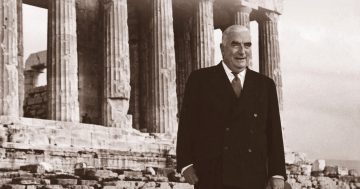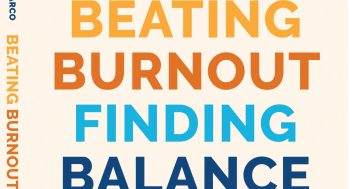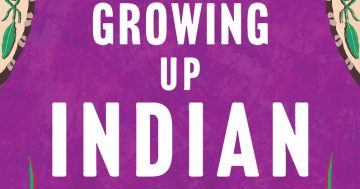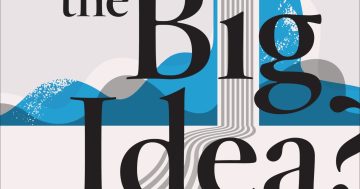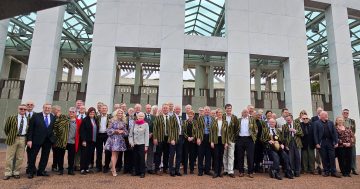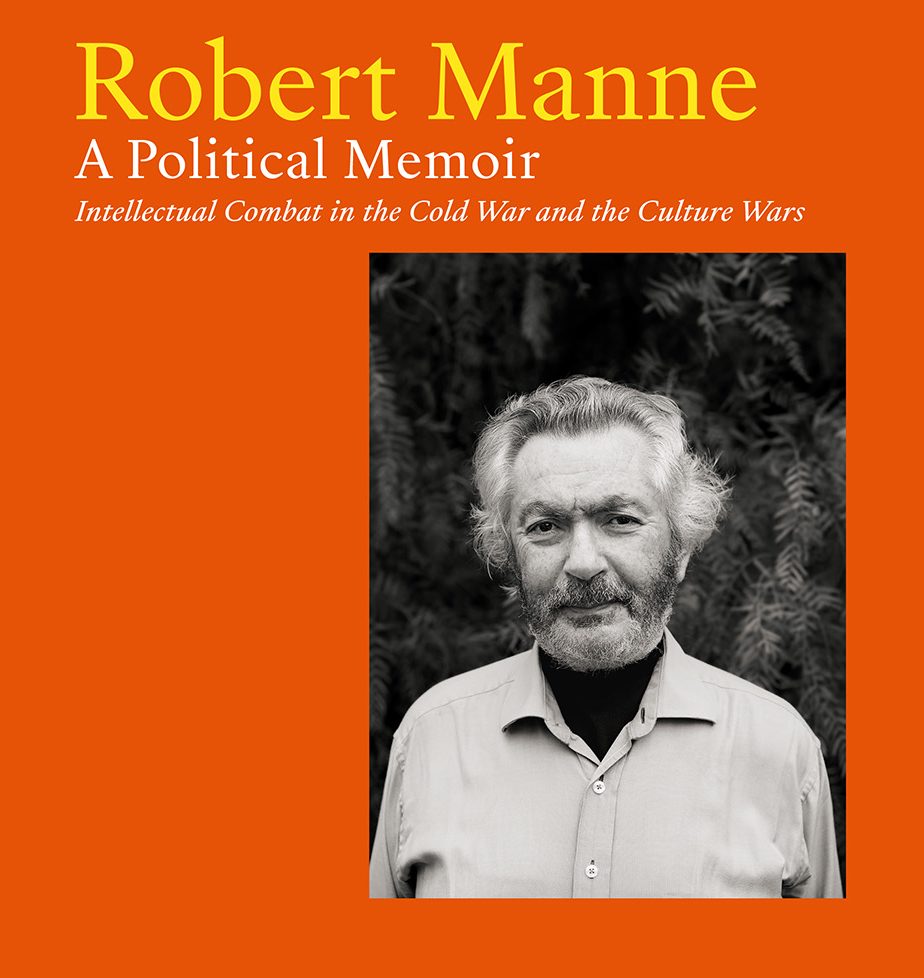
The memoir of one of Australia’s most profound political analysts titled Robert Manne: A Political Memoir: Intellectual Combat in the Cold War and the Culture Wars traces his intellectual roots. Photo: Supplied.
Being candid about what compelled him to write his memoir, Emeritus Professor of Politics at La Trobe University, Robert Manne speaks in a forceful, direct manner. It’s also evident that actions speak louder than words.
The academic has always believed that in the clash of ideas, reason might triumph. Robert Manne: A Political Memoir: Intellectual Combat in the Cold War and the Culture Wars traces Robert’s intellectual roots, revealing how his family background and early years informed the questions he would spend his life trying to answer.
It also provides a fascinating portrait of many of the political stoushes he waded into, clashing with some of the most powerful scholars, authors and orators of our time.
As his “closest friend” German-born Australian philosopher and writer Professor Raimond Gaita said: “Moral courage is evident in almost every page of this memoir as it is in all his books, manifest most often in a need to be truthful and just.”
In point of fact, Gaita is quoted in Manne’s memoir as saying that a “dispassionate judgement is not one which is uninformed by feeling, but one which is undistorted by feeling”. That unmistakable characteristic is indicative of one of the many attractive qualities of A Political Memoir.
The recollections of Australia’s leading public intellectual cuts to the core. He admits the invitation to write this autobiography — a “long book” — happened at a challenging period in his life.
The offer “… came at a difficult time for me, having lost my larynx in December 2016 to throat cancer, with my voice reduced to a whisper,” Robert writes.
“For a while I tried to continue contributing to political life in my customary role. Before long I lost the hunger. I decided that an account of my political education, my arguments with the left during the final decade of the Cold War, my turbulent years as editor of Quadrant and my arguments with the right during the culture wars might be of interest to those who remember these years but also to curious younger readers.
“I have been writing for the general public (rather than only for academic colleagues) ever since I returned to Australia in 1974 after completing postgraduate studies at Oxford. I have engaged in many often fiercely contested political and cultural controversies over the subsequent half-century, in books, essays, journalism and as an editor.
“I hoped to document aspects of the struggles between politically engaged Australian public intellectuals and politicians during both the Cold War and then the culture wars. My ambition is to contribute to an understanding of postwar Australian politico-intellectual history.”
A Political Memoir also provides a fascinating portrait of key political controversies, including intellectual combat over Pol Pot, Wilfred Burchett, Quadrant, the Stolen Generations, Manning Clark, the Howard government, the Murdoch press and much more.
During the Cold War and the culture wars, Manne clashed with some of the most influential thinkers, writers and polemicists – Noam Chomsky, Les Murray, Leonie Kramer, Tom Keneally, Isi Leibler, Helen ‘Demidenko’ Darville, Peter Craven, Paddy McGuinness, Keith Windschuttle and Andrew Bolt. This account recounts with surprising and unknown detail what really happened and why.
Often subverting conventional notions of left and right, Manne has helped shape the nation’s discourse for decades. This is the inside story of a life of engagement and reflection, and a book for anyone interested in the shape and meaning of the past nearly half a century of politics.
While this record is enormously heavy with historical descriptions, lucidity prevails and they are all presented with steadiness. Even his moral contemplations, coherent disagreements, along with a horde of facts plus his sharp viewpoints, command attention.
An influential opening chapter discloses the “soul shock” he received as a young child when he first realised that “the German state had attempted to rid the Earth of the Jewish people”. He articulates that the Holocaust “stands at the beginning of my political thought” and that “It is just the way it was and is”.
One applauds Manne’s courageousness, his resilience in challenging and uncovering weaknesses and mistakes in the arguments of opponents. He has sincerity and a code of ethics when pinpointing and emphasising what he considers to be untruths in coeval debates.
Manne, 77, is one of Australia’s most profound political analysts. A Political Memoir is imperative reading for anyone interested in the last 50 years of politics, and a moving insight into one of the country’s most original thinkers.
Robert Manne: A Political Memoir: Intellectual Combat in the Cold War and the Culture Wars, by Robert Manne, La Trobe University Press, $45.


